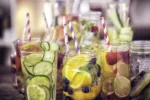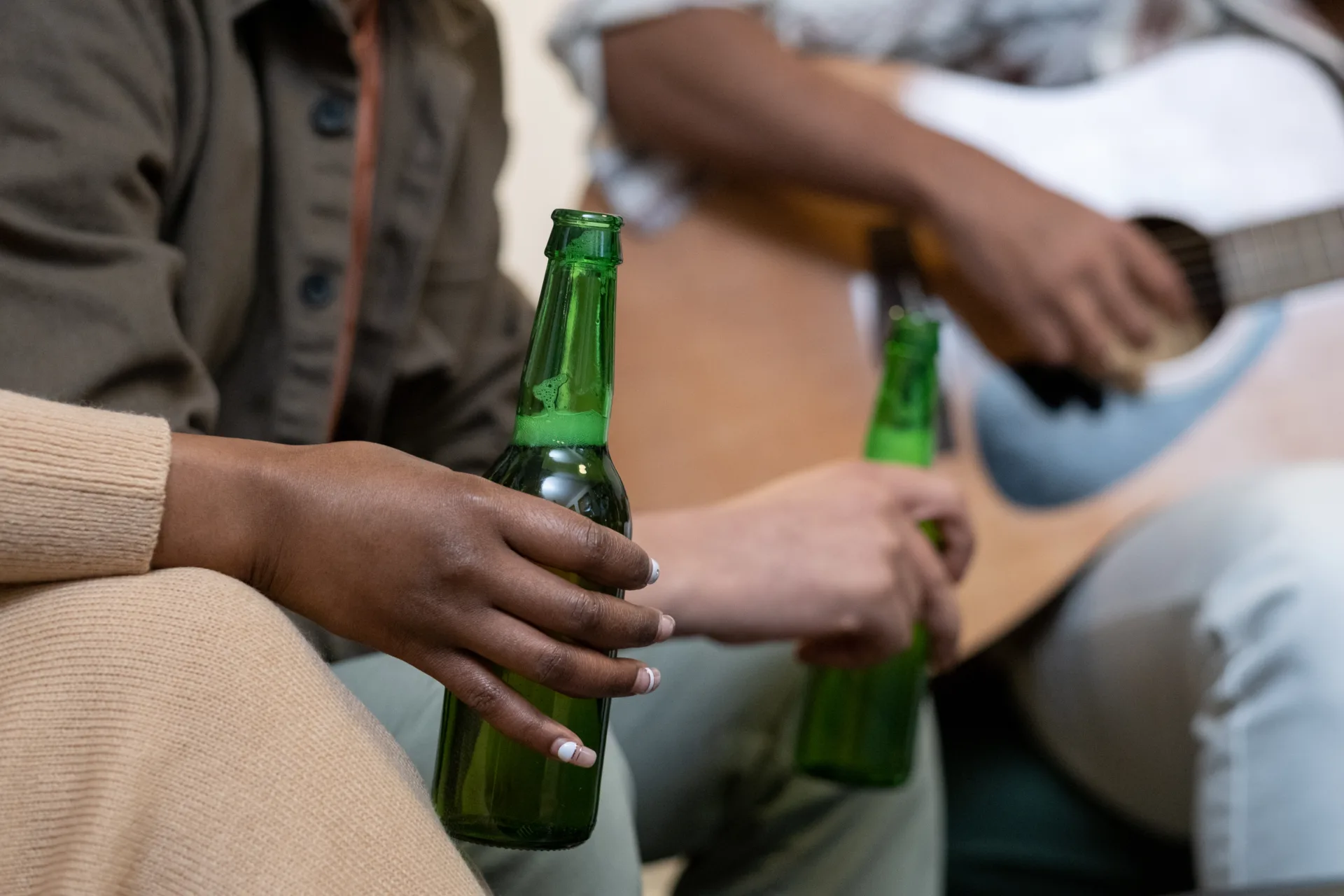
Non-Alcoholic Drinks in Addiction Recovery: The Gray Area
The recovery world can be challenging, with many complex questions to face. Humans are habitual creatures and highly receptive to our environment, so it is very important to choose wisely when cultivating one’s surroundings while in detox or recovery from alcohol addiction.
One question that many people face is whether or not to introduce non-alcoholic beverages to their social rhythm. On the one hand, there may be benefits to the comfort and familiarity provided by substituting a non-addictive substance in the place of the problematic drug. However; there can be risks involved with entering into such a gray area, particularly when surrounded by alcoholic beverages and intoxicated friends or acquaintances.
Potential Benefits of Non-Alcoholic Drinks in Recovery
There are many sacrifices that must be made when choosing to change your lifestyle in order to pursue healing in sobriety, including the social security blanket that alcohol can provide. Many people find that replacing alcoholic beverages with virgin drinks in social gatherings provides a familiar comfort that eases the burden of fasting from alcohol. The act of simply holding a drink can feel more comfortable than being empty-handed, a sensation that can feel like standing in the middle of the room without clothes on for someone who is dependent upon alcohol.
There may also be practical benefits to drinking non-alcoholic beverages. We are heavily influenced by our peers, and it is common practice at bars for someone to buy someone else a drink if they see that they are empty-handed. Having a non-alcoholic replacement in hand can divert questions as to why someone isn’t drinking and alleviate any pressure they might feel if an observant friend or passerby offers to buy them a drink.
Additionally, alternative drinks to alcohol can serve to satisfy the craving of having an alcoholic beverage in a social setting. The sensory input of glasses clinking, drinks being poured, and the desire to sip something throughout the evening can all be strong cues to order a libation, which may be relieved by a non-alcoholic replacement. This could, in turn, prevent relapse.
The Pitfalls: Can Non-Alcoholic Drinks Hurt Addiction Recovery?
On the other hand, all of that sensory input could be massively triggering to someone with addictive tendencies. While some people may find it comforting to have the familiarity of a tasty beverage in hand, others might find this sensation to be too similar to the real thing. The sights, smells, and sounds of a restaurant or bar environment where drinks are being poured might be too reminiscent of their former days of addiction. Studies suggest that the use of low-alcohol or non-alcoholic beverages to replace alcohol use actually increases the desire to drink in many people. In such cases, the stimulus and tempting environment may lead to an unfortunate episode of relapse.
Another danger of replacing alcoholic beverages with non-alcoholic options could be avoidance of the deeper issue at hand. These replacement drinks could be a barrier to honest self-reflection and growth, as they might prevent the person from digging into the root cause of the addiction itself. While using a placeholder for the addictive substance could be a comforting option for recovering addicts, it could be an unhealthy coping mechanism that functions more as a bandaid than a lasting solution to a bigger problem. Many non-alcoholic options are also very high in sugar, which is well known to be an addictive substance, causing similar patterns to emerge in the brain as drug addiction. When it comes down to it, non-alcoholic beverages could simply be replacing an alcohol addiction with a sugar addiction.
Results May Vary for Non-Alcoholic Drinks in Recovery
In the end, the impact of non-alcoholic drinks on recovery from substance use disorders will vary from person to person. Some people might find these substitute beverages to be a helpful buffer in social situations to alleviate the pressure of drinking. Others, however, might be triggered and ultimately succumb to the temptation of the environment. In this case, the risk of relapse would negate any possible benefits of the substitution.
The decision to engage with virgin beverages should be weighed heavily and honestly, and it may be beneficial to seek counsel before proceeding in one direction or the other. Talk to your healthcare provider, therapist, or leader of your support group to better evaluate whether non-alcoholic drinks could empower you on your journey or hinder your progress toward lasting sobriety.
Find Support for Your Recovery Journey
If you or a loved one are struggling to find answers on your path to healing from alcohol addiction, you are not alone. Contact us online today at Bluff Augusta, or call [phone_linked] for more information about your options for personalized support and guidance.








